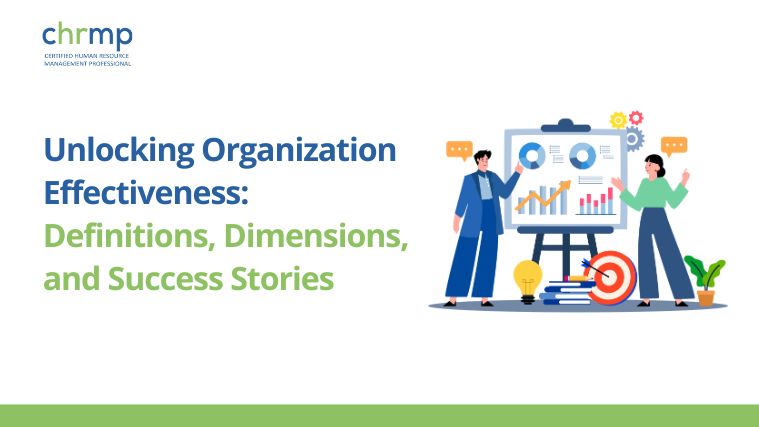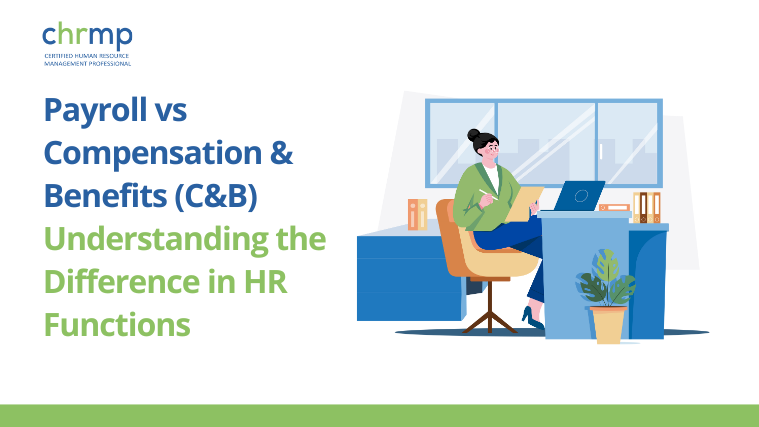Managing a healthy ‘work life balance’, can be daunting, especially if we haven’t been managing it effectively.
‘Work life balance’, starts with taking care of our needs. Good nutrition, good health, positive relationships, completing work on time, are all significant parameters, which say that we are managing our ‘work life balance’, effectively.
However, when you are not in tune with your ‘work life balance’ the opposite is evident.
Health issues such as colds and flu; due to a compromised immune system, irritability, depression, headaches, gastrointestinal disorders, infertility and heart disease; are noticeable traits of a poorly managed ‘work life balance’. A poor ‘work life balance’ can also contribute to failed relationships, divorce and estrangement from family members.
A dynamic organisation’s view on ‘work life balance’
Organisations that foster a healthy ‘work life balance’, produce a high level of customer satisfaction/loyalty; and a higher level of productivity is noticed within the organisation.
When ‘work life balance’ is in sync, organisations notice; better returns for investors, increase in operating income and lower levels of sickness, lower rates of absenteeism; and advocacy of organisation as a good place to work.
Hence, organizations that nurture and invest in an employee’s ‘‘work life balance’, may find that returns are greater.
‘A happy employee is a productive employee’
Adapting to a new age in ‘work life balance’
Gen X, Gen Y, Millennials look at life from a different perspective. They are different, in their perception of ‘work life balance’. For example, Millennial’s may not have a problem changing organisations; as they care deeply about jobs that align with their personal beliefs and goals.
However, it may not be the same for Gen X employees.
For most employees in this generation; ‘work life balance’ may be as simple as helping kids with homework or a weekly outing with family or friends. Most Gen X employees may not mind long hours if compensated and rewarded accordingly. Hence, it may not take a lot to make Generation X employees happy.
Organisations, that have grown through the generations, may find the needs of Baby boomers, Gen X, Gen Y, Millennial’s to vary. It becomes mandatory for organisations to upskill staff, improvise facilities and learning such as technical and life skills, etc; to cater to the needs of varying management and staff.
In comparison to previous generations, organisations must do more for Millennial’s, in order to progress.
Hence, it also becomes an organisational necessity, to determine if employees and management, are having a healthy ‘work life balance’.
Assessing ‘work life balance’
Here is a sample of what a ‘work life balance’ questionnaire, may look like. Questionnaires like this provide an insight into our world of ‘work life balance’. They help us to analyse to justify our managerial skills, when it comes to managing a healthy ‘work life balance’.
1.Over the last 3 months, have you experienced any of the following symptoms or changes in behaviour?
1. Never; 2.Rarely; 3.Sometimes; 4. Often
- Constant Irritability
- Difficulty in making decisions.
- Loss of sense of humor.
- Feeling or becoming angry with others too easily.
- If you have answered never or rarely to the question above, there is no need to be concerned.However, if you answered sometimes and often, you must analyse your ‘work-life-balance’ more closely; and come out with a solution to make appropriate changes where necessary.
2. For the terms below; indicate the extent to which you have felt like this during the last three months – at work.
1. Very slightly; 2.A Little; 3.Moderately; 4. Quite a bit; 5-Very much
- Inspired
- Alert
- Excited
If you answered, ‘quite a bit’,’very much’,to the question above, your ‘work-life-balance’ is excellent. If your answer is ‘very slightly’or ‘a little’, you must analyse the aspects of ‘work life balance’; and come out with a solution to maintain a healthy ‘Work life balance.’
3. For the terms below,indicate the extent to which you have felt like this during the last three months.
1. Strongly disagree; 2.Disagree; 3.Slightly disagree; 4. Slightly agree; 5-Agree; 6-Strongly agree
- My job goals and objectives are clear
- I am committed to achieving the goals of my job
If your answer is ‘agree’ or ‘strongly agree’ to the questions above,it’s a good sign that you are managing your job related tasks well.
If the answer is ‘slightly agree’,you should be alert.
However, if the answer is ‘strongly disagree’ or ‘disagree’, this could mean that you are not attune with your job goals and objectives and this may cause issues in your ‘work life balance’.
Ripples Learning is continuously striving to add value to knowledge pertaining to human resource field, through its blogs and different state of the art programs.
For knowing more about us, please go through the following websites:





